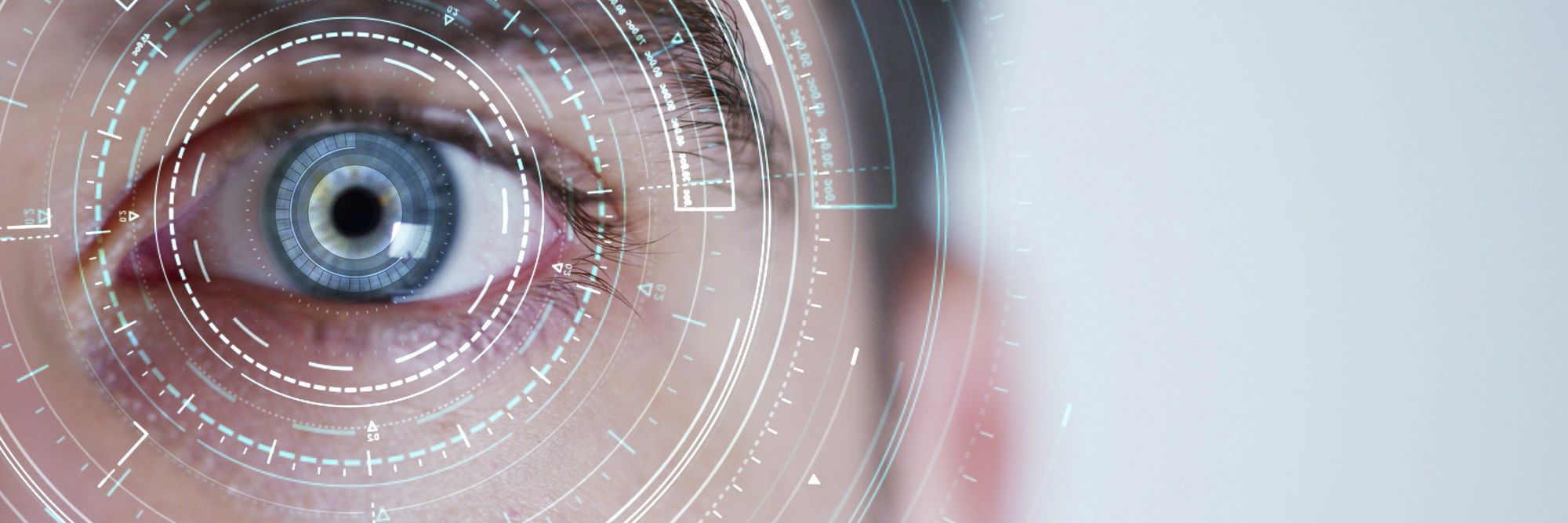In design, 'extreme users' are users that face problems to a much greater degree than the average user. Slight inconveniences that most users don't even notice become showstoppers for extreme users. By empathizing with their unique needs, you can find new ways of thinking about a problem and be guided to new solutions. You'd be surprised, but many great inventions, from the typewriter to the telephone to email, are in part or in whole the result of accommodating and pursuing solutions for these users, changing their lives as a result.
Along with my lifelong interest in the design of physical and digital interfaces, I've been fortunate enough to have a speech pathologist for a mom who has inspired my interest in special needs users and those with sensory or mobility limitations. In the past few years, my interest in the subject has turned personal, as I've been recovering from an injury that at times makes using the keyboard & mouse a challenge.
This personal interest has gotten me to start experimenting with eye tracking and alternatives to the typical keyboard-on-desk workstation recently. Eye tracking is just a few years away from mainstream adoption, with early versions already helps a great many people with serious mobility issues. As it goes mainstream, it's impact will trickle down to everyone, and change everything we know about interacting with a computer. I'll probably be writing more about this in the coming year, but if you haven't heard about it before, this is a space to watch. The upcoming iPhone *may* even have it built in, and Microsoft just announced Windows 10 will support native eye tracking this fall.
But there's a next step beyond eye tracking, one that no ordinary person would dare go. The brain-computer interface shown in this study is that next step - a rare glimpse into the future that we will one day live in, when we have the ability to link our brains and quite literally communicate telepathically(!). The stuff of science fiction is here today, if we just find and help the people in situations extreme enough to need it. There's something beautiful about the future being driven by human empathy, isn't there?
